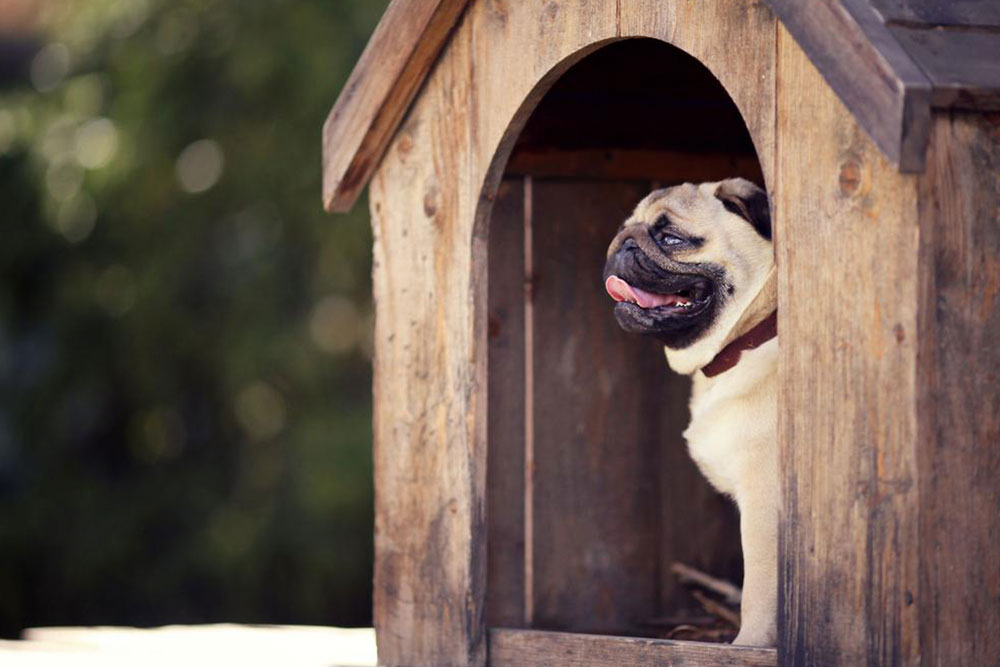Dog Allergy: An overview
A dog is a man’s best friend. But if you’re allergic to these furry animals, what do you do?
There are many causal factors that are responsible for dog allergies. Dog allergies occur as a result of a weak immune system. The body of people with an allergy to dogs responds in the same way someone who is allergic to dust might respond.
Some of the major causes that trigger the infection
- Flakes of dead skin
- Saliva of the dog
- Urine of the dog
- Contrary to popular belief that most dog allergies are a result of shed dog fur, this is the least responsible factor.

Symptoms of dog allergy
How do you know you are allergic to dogs or that the allergy is underway? Here are some of the symptoms which will help you figure that out:
- A runny nose
- Continuous Sneezing
- Pain in some parts of the face as a result of the congestion in the nose
- Itchiness and redness in eyes
- Watery eyes
Hives or rashes on the skin - Tightening chest
Continuous coughing - Shortness of breath
- Some of these symptoms, like hives and rashes, occur mostly after physical contact with a dog.
Diagnosis Of The Allergy
The skin-prick test is the most common way to see if you have a dog allergy.
How To Treat Dog Allergy
Dog allergy treatments include medication sold mostly on prescription. If you see a sign of allergy surfacing, the first thing that should be done is get to your doctor.
Most common medicines recommended by doctors for dog allergy treatments are:
Antihistamines: This medicine is used to stop the chemicals that trigger infection. They come in the form of tablets, nasal sprays or drops.
Decongestants: This medication tones down the swelling in the nose and eases the congestion.
Nasal Steroids: These sprays are used to calm down the allergy and are the primary line of treatment.
Precautions for people suffering from dog allergies
The basic precaution which lays the ground for all other precautions is to maintain distance from dogs. Here is how you can do it:
Do not make any physical contact with a dog. Avoid visiting places which house pet dogs.
If you run into a dog or visit someone who has a dog, clean yourself when you get home.
Sometimes you will have to come in contact with a dog and there is no avoiding it, like a visit to a relative who owns a dog. If this is the case, then pay a visit your doctor, he might be able to give you some medication that could avoid the allergy from surfacing.

